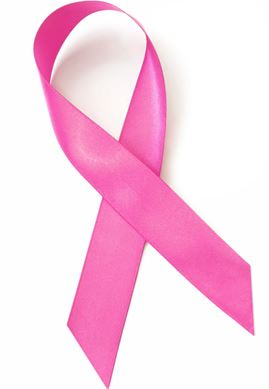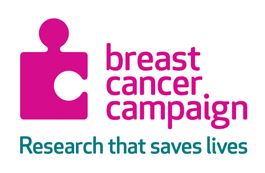Researching aggressive breast cancers 
A Queen’s scientist has been awarded a grant worth around £100,000 by leading research charity Breast Cancer Campaign to investigate if the protein ‘PIN1’ could be used to provide new options to treat patients with more aggressive forms of breast cancer.
On average 50,000 women in the UK are diagnosed with breast cancer each year, with as many as 12,000 women dying from the disease annually. Around 15 per cent of breast cancers are found to be ‘triple-negative’- a type of breast cancer that tends to be more aggressive and has limited treatment options.
In some cases of triple-negative breast cancer (and the related ‘basal-like’ breast cancer), a protein called BRCA1 does not work normally. Dr Niamh O’Brien, from the Centre for Cancer Research and Cell Biology (CCRCB) at Queen’s, says: “Currently, there are drugs in development which could treat breast cancers that lack a working BRCA1 protein, but it is difficult to identify which patients would benefit from these drugs. Identifying the right treatment for a particular patient will greatly improve their chances of survival and help stop more people dying from breast cancer.”
“At Queen’s we are committed to world leading research which advances knowledge and changes lives and thanks to the funding from Breast Cancer Campaign we are able to continue this.”
Dr O’Brien has previously identified that the production of the PIN1 protein is increased in breast cancer cells which have faulty BRCA1 genes. She believes that PIN1 might therefore be used as the basis of a test to indicate which patients would benefit from these drugs. Using lab-grown breast cancer cells, Dr O’Brien will find the link between the faulty BRCA1 genes and the increase in PIN1 protein production.
Using samples from breast tumours donated by patients, Dr O’Brien will also determine whether PIN1 could be used to predict the likelihood of a patient’s breast cancer spreading, and if they will respond to existing treatments.
 Katherine Woods, Research Communication Manager at Breast Cancer Campaign, said: “Triple-negative and basal-like breast cancer tend to be more aggressive types of the disease, but sadly there are currently no targeted treatments available.
Katherine Woods, Research Communication Manager at Breast Cancer Campaign, said: “Triple-negative and basal-like breast cancer tend to be more aggressive types of the disease, but sadly there are currently no targeted treatments available.
“Dr O’Brien’s research could greatly improve the chances of survival for people with more aggressive forms of the disease and bring us one step closer to our goal that by 2025 more improved and personalised treatments for breast cancer will reduce mortality from the disease by half.”
Media inquiries to Claire O’Callaghan, Queen’s University Communications Office | tel: +44 (0)28 9097 3087 | c.ocallaghan@qub.ac.uk
For more on the work of CCRCB visit the Centre’s website.
Back to Main News
Top of Page